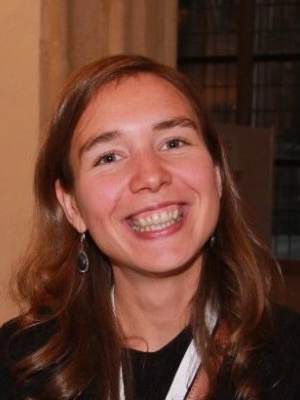Type a word to start your search

Type a word to start your search

Decision-support tool for setting up optimal organic waste valorization chains in Québec Biomethanation projects in Québec (and elsewhere in the world) struggle with multiple (geo)decision problems related to the planning and optimization of the treatment facilities, since multiple factors (e.g., location and treatment scenario) depend on the waste source to be treated and the required end-product quality for marketing, which are both variable in time and space. The general objective of this research is to develop a user-friendly decision-support software tool that allows setting up optimal organic waste (wastewater treatment plant sludge and the source-sorted organic fraction of municipal solid waste, notably) valorization chains for the Québec province. A holistic and spatiotemporal modelling approach will be applied, focusing on cost and greenhouse gas emission minimization throughout the whole value chain, including organic waste generation/collection, waste treatment and end-product distribution, thereby taking into account regulatory and social constraints. The software tool will integrate three key components: 1) a multidimensional spatiotemporal database system (including georeferenced and non-georeferenced data), 2) a model-based decision module (for simulation and optimization), and 3) a user-friendly interface (to facilitate knowledge transfer and interpretation).
The developed tool will be validated in a case study for the Québec City Agglomeration and its surrounding rural environment. The availability of such tool will allow Québec municipalities and industry to optimally plan the location, capacity and treatment scenario of their waste flows, as well as the distribution of the resulting end-products at minimum cost and environmental footprint, taking into account potential public nuisance and environmental regulations in force. As such, this project clearly addresses the three pillars of sustainable development: environment, society and economy. Moreover, the project will facilitate the achievement of the objectives of the Québec Residual Materials Management Policy (i.e. the banning of organic waste incineration/disposal from 2022 onwards), which is a crucial part of the Québec action plan on climate change. The industrial partners will directly benefit from using the developed tool in their contracts with industry and municipalities, where the demand for a decision-support framework for biomass valorization is high due to the waste regulation in force. In conclusion, the tool, knowledge and publications, as well as the highly qualified personnel resulting from this work will be of high relevance to the Québec and Canadian circular economy.

Assistant Professor
Université Laval
$ 57 834